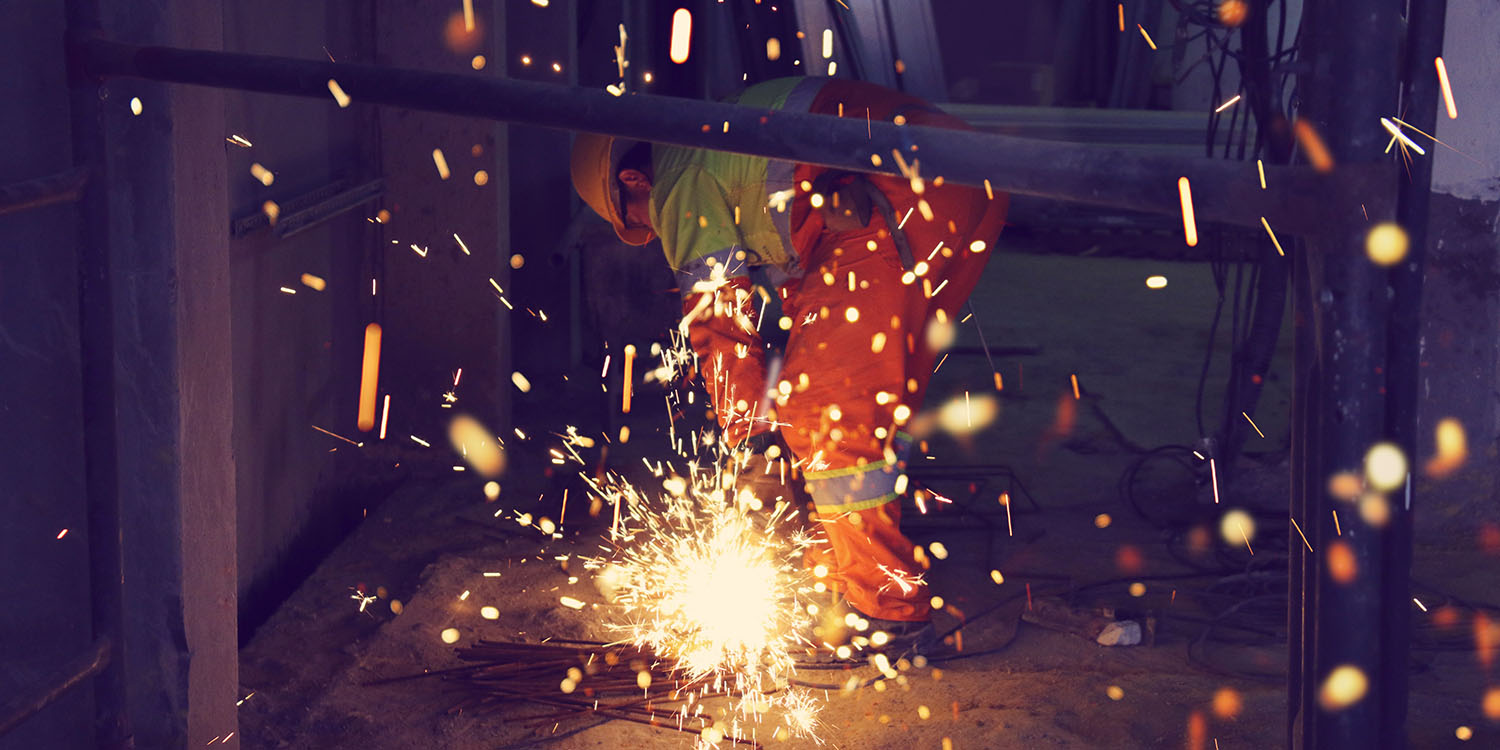
Construction work on TSMC’s Arizona chip plant, which is set to make chips for some older Apple devices, has run over budget and behind schedule – leading to plans to send over hundreds of additional workers from Taiwan to try to address the problems.
The news follows concerns about safety at the plant, after multiple accidents, and a claim that an active shooter drill was used to disguise the need to evacuate the plant after a gas leak …
TSMC Arizona chip plant budget
The financing for construction of TSMC’s Arizona chip plant has always been a contentious issue.
Within a month of the announcement, it was revealed that the company was seeking huge subsidies from the US government in order to proceed. Apple supported this bid for subsidies, lobbying on TSMC’s behalf.
Those subsidies looked set to get paid through the CHIPS Act, a $50B program to promote chip fabrication within the US – but TSMC has been demanding twice as much cash as initially offered.
Now, Nikkei Asia reports that the company has admitted that the project is “more costly” than it had expected, though it said the excess was “manageable.”
Construction work also behind schedule
TSMC has also admitted that construction work is significantly behind the planned schedule. It was expected that the company would be able to move chip production into the facility in around September of this year, but now expects that this won’t happen until next February or March.
The delay raises questions about when the plant will be able to begin operating, though TSMC sources say that it had always allowed for delays, so the late running “does not necessarily mean” that initial chip production will be delayed.
US workers blamed; TSMC wants more Taiwanese ones
The 12,000 US workers are described as “costly,” and communication with them is “challenging.” TSMC wants to bring in hundreds of workers from Taiwan to speed up the work.
TSMC and its suppliers are in talks with the U.S. government to assist with the application process for non-immigrant visas in a bid to dispatch more than 500 experienced workers as early as July to expedite the construction of cleanroom facilities and the installation of pipelines and other equipment, three chip supply chain executives said […]
“There are not enough U.S. workers who have good first-hand experience specifically on building semiconductor manufacturing facilities, and many are not familiar with the requirements for chipmaking plants,” one executive told Nikkei. “That has caused delays in multiple installation works” […]
“It is challenging and costly for Taiwanese cleanroom builders to communicate with foreign construction workers in an unfamiliar environment. Sending experienced construction contractors and their workers who worked with the chip suppliers before from Taiwan could save lots of time and costs,” one supplier said.
It’s not yet known whether the visas will be granted, and whether US workers will be replaced, or supplemented.
Photo Guilherme Cunha/Unsplash
FTC: We use income earning auto affiliate links. More.





